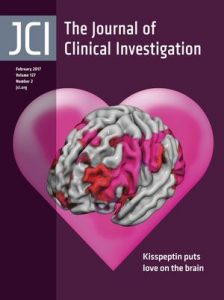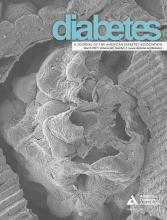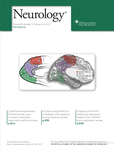Researchers at Columbia University have retracted a 2013 paper in The Journal of Clinical Investigation, after uncovering abnormalities in the stem cell lines that undermined the conclusions in the paper.
Last year, corresponding author Dieter Egli discovered he could not reproduce key data in the 2013 paper because almost all the cell lines first author Haiqing Hua used contained abnormalities, casting doubt on the overall findings. When Egli reached out to Hua for answers, Hua could not explain the abnormalities. As a result, Hua and Egli agreed the paper should be retracted.
Since some of the details of how the paper ended up relying on abnormal cells remain unclear, the university confirmed to us that it is investigating the matter.
Here’s the retraction notice for “iPSC-derived β cells model diabetes due to glucokinase deficiency,” cited 42 times: Continue reading Unexplained abnormalities in stem cells prompt Columbia researchers to pull diabetes paper




 Neurology has partially retracted a 2016 paper, replacing a figure and removing the author who contributed it
Neurology has partially retracted a 2016 paper, replacing a figure and removing the author who contributed it 
 The notices keep coming for diabetes researcher
The notices keep coming for diabetes researcher  A journal has retracted a 2012 paper after the last author was unable to provide material to support the results presented in multiple figures.
A journal has retracted a 2012 paper after the last author was unable to provide material to support the results presented in multiple figures. A study
A study